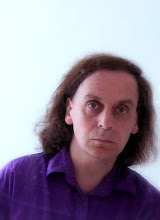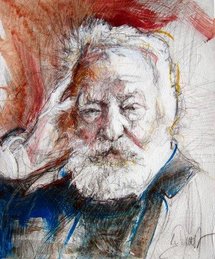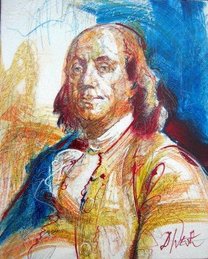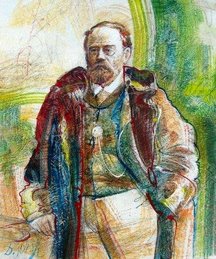A controversial candidate in the upcoming presidential elections in France, Rachid Nekkaz is a man with an ideal of policy and citizenship, as well as being a witty communicator.
Just the other day he revealed an unsettling aspect of his eccentric candidacy in a televised airing on the famous cable news channel LCI.
In a gesture reminiscent of the great figure Serge Gainsbourg, who burnt a 500 franc banknote live on television in 1984, and elevated scandal into an art form in protest against the 50 percent tax levied on his proceeds.
The Nekkaz scandal was kicked off a week ago when the mayor of the village of Noron-la-Poterie in the Calvados, Andre Garrec, launched an auction online for his signed endorsement of the candidacy of hopefuls in the presidential race.
As required by the French Constitution, every candidate must garner the support of 500 mayors. In buying the mayor's signature on a printed form for €1,550 (US$2,048) Rachid also acquired the mayor's support. He then tore up the form deliberately in full view of the TV audience. Rachid claimed he didn't really want to buy the mayor's support, not feeling this to be in the best French Republican tradition. This act does not mean forsaking his candidacy but rather reaffirms it and frees it of intrigue and indebtedness to occult funding sources.
Rachid Nekkaz is a so-called minority candidate. He was born after his parents emigrated from North Africa in 1950, growing up in a suburb of Paris called Choisy-le-Roi. While studying philosophy and history at the Sorbonne he founded youth support groups to acquaint them with the Internet and help with voter registration and awareness. He then worked with two executives of Robert Laffont Publishing, who brought out two of his books. As a young entrepreneur and consultant, he founded an agency to develop Web sites for the publishing industry and went on to create educational card games promoting citizenship and democracy.
To celebrate the millennium, he traveled to the U.S. to interview and solicit the agreement of President Clinton and the six other leaders attending the G7 Summit in Cologne on June 18, 1999, to respond to some tough questions he would put to them about the future of our species. Their responses were collected in a book entitled Millenarium, Which Future for Humanity? In 2001, with Hakim el Ghissassi, he founded an organization dedicated to encouraging a more constructive image of French Muslims. He wants to forge a spirit of harmony among urban regions, suburbs and the countryside to work on problems common to all of France.
In a recent television interview he drew a real object lesson in democracy for the mayor of Noron-la-Poterie: "To sell one's support gives a very bad image of French democracy." This leading candidate of the suburbs is still short 50 endorsements. But having torn up the scandalous signature sheet, everyone is aware of a new tactic in presidential campaigning.
Rachid is very adept at communicating and staging unorthodox performances: last month he announced having to sell his flat in Paris to finance his campaign. Although there is no doubt this minor candidate will lose the race, such a witty politician could succeed eventually. The tough challenges will begin after the balloting, and perhaps Rachid Nekkaz could land some radical position in the new government of France.
Demian West








No comments:
Post a Comment